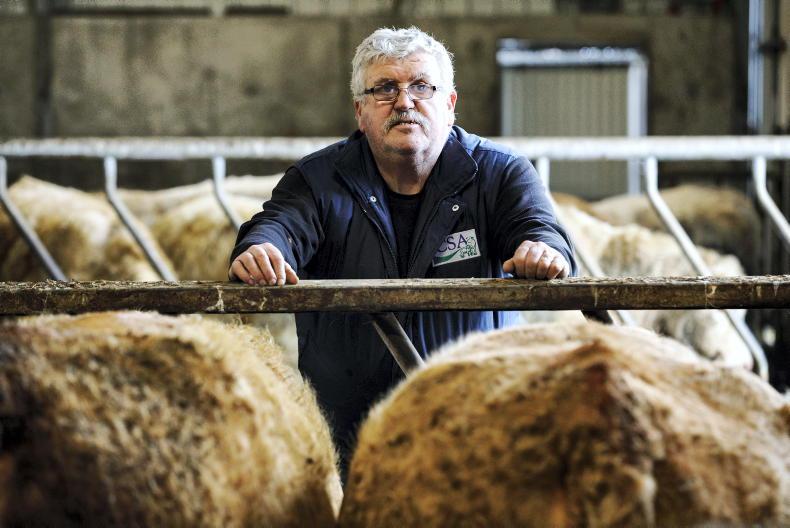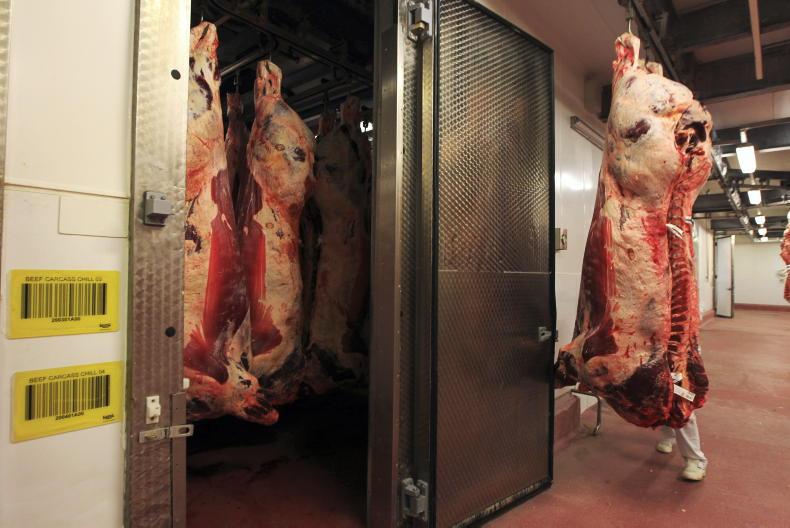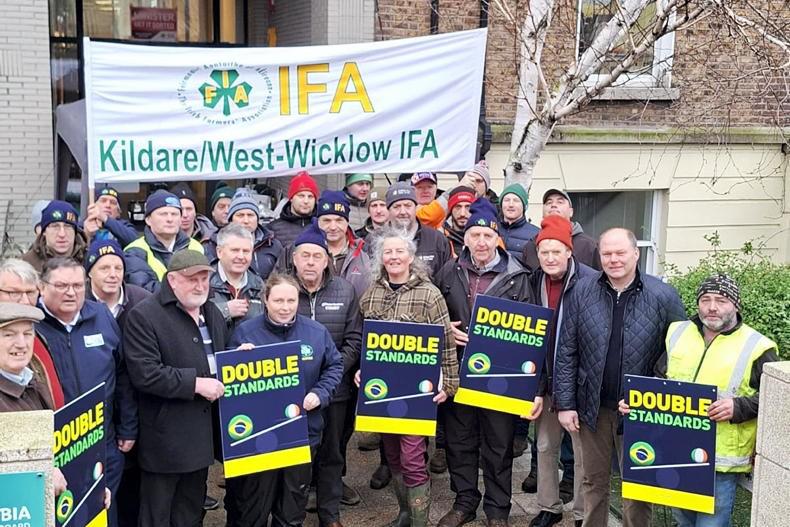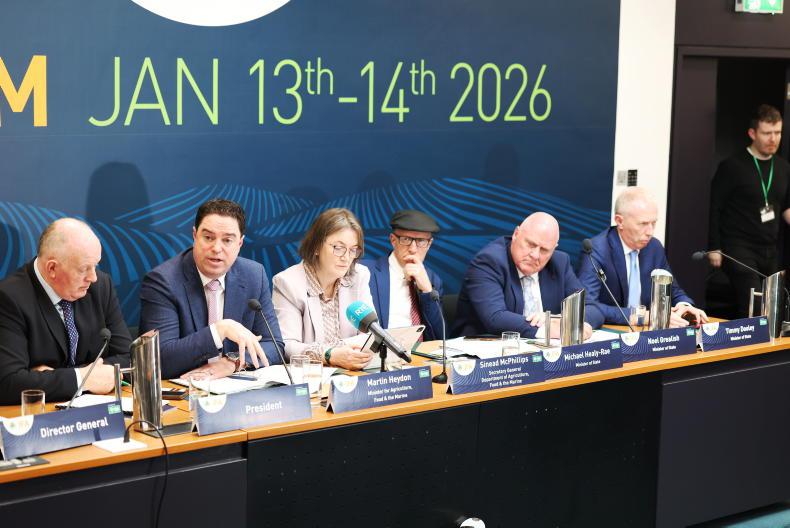Small-scale farmers need an agri-environment schemes that delivers up to €15,000, ICSA president Dermot Kelleher has said.
“This would be a significant boost to cattle and sheep farmers in particular who have never really recovered from the loss of the REPS scheme,” he said.
The ICSA said the proposed eco-scheme should be balanced in favour of low and medium intensity farmers rather than those who require a derogation from the nitrates directive.
“The EU is jumping up and down about the Green Deal, but the reality is that the only way to live off land now is to get into dairying or rent to an intensive, expanding dairy farmer,” Kelleher continued.
“GLAS was only a ‘Mickey Mouse’ scheme by the time planners and other costs were taken into account.”
Capping payments
The 2019 Teagasc National Farm Survey showed that dairy farmers were four times more profitable than cattle or sheep farmers.
It cannot be right that the most profitable sector is now doing better out of Pillar I CAP supports
“Surprisingly, their basic payment per hectare was actually higher than sheep or suckler farmers and very similar to beef farmers,” Kelleher highlighted.
“It cannot be right that the most profitable sector is now doing better out of Pillar I CAP supports than many of the farmers who need it most. It might be acceptable if there was a worthwhile agri-environment scheme and an eco-scheme to balance things out but there isn’t.”
The ICSA said it supports capping Pillar I payments at €60,000 and that hired-in farm labour should not be used as a way of circumventing this.
We want to see the payments protected to the greatest extent possible
“We don’t like capping for the fun of it; but we have to be real. It is better to cap the payments than to have even more severe cuts on ordinary family farms which are likely due to convergence and the limited budget,” Kelleher continued.
“We want to see the payments protected to the greatest extent possible below this level. It is not right that farmers with payments of less than €20,000 were cut severely in recent years due to convergence and budget cuts.”









SHARING OPTIONS